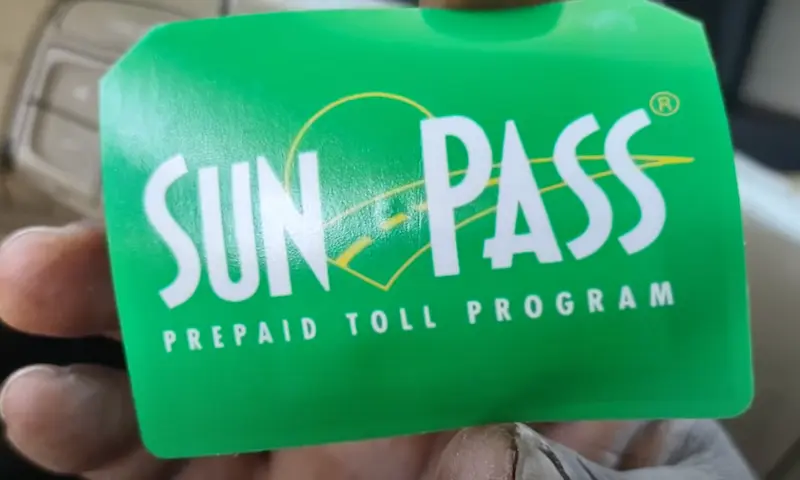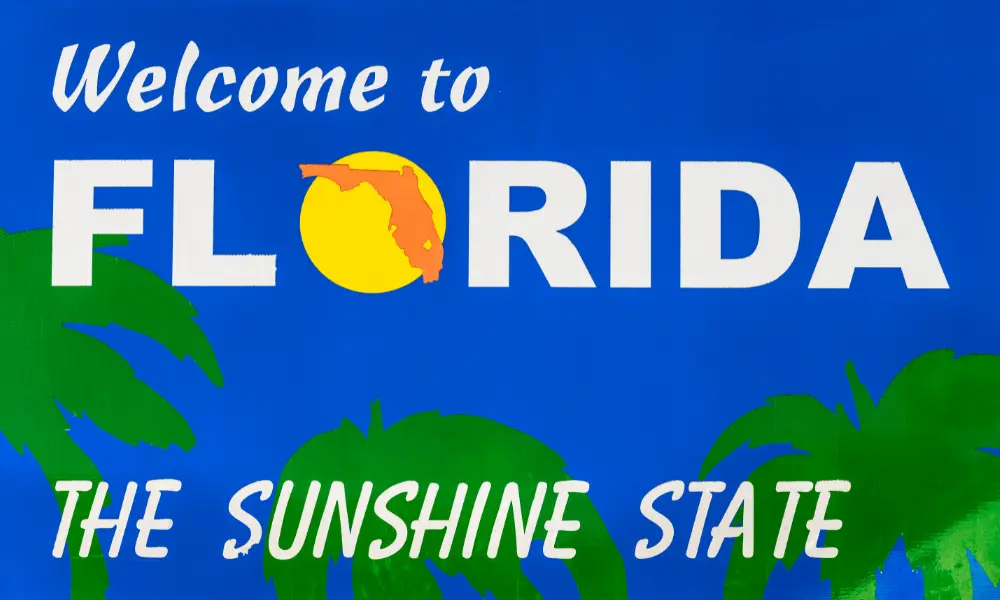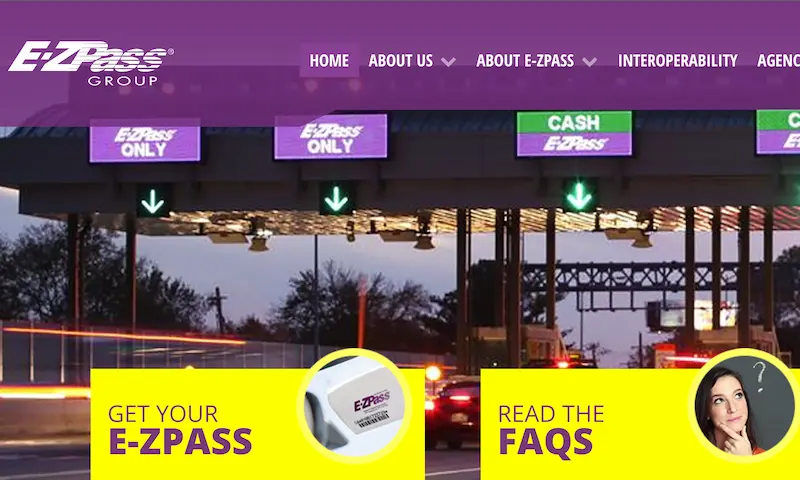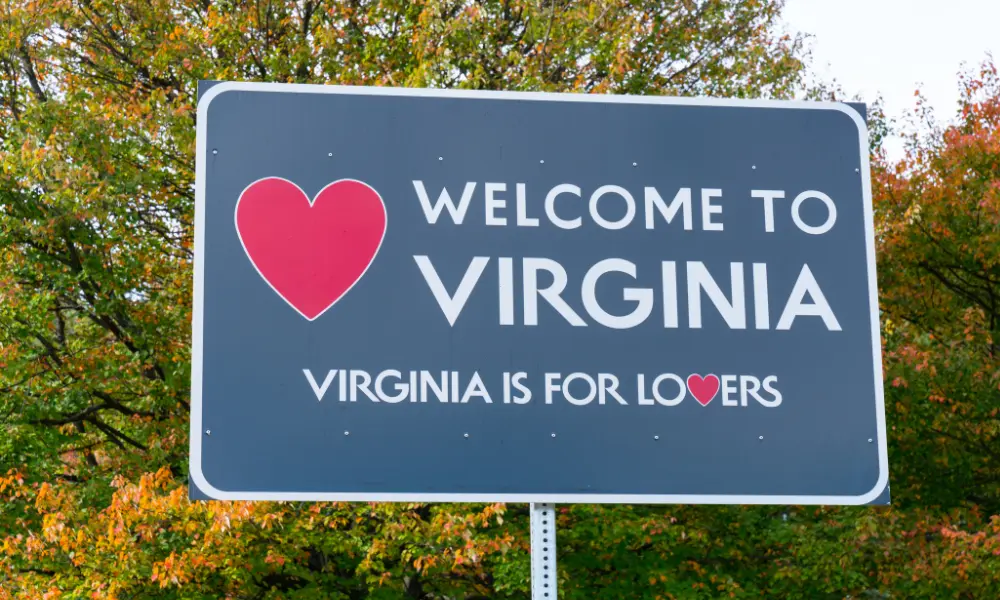When you zip through a toll booth without paying, it might seem like a small oversight at the time, but it can lead to significant consequences.
Whether your vehicle glides under a toll camera or you pass a toll plaza with no cash at hand, failing to settle that fee can result in fines, additional charges, and even legal action.
Your responsibility to pay tolls doesn’t end at the state border; out-of-state motorists are also accountable for tolls, which can accumulate when traveling.
Understanding Toll Roads and Toll Violations
Navigating toll roads can be straightforward, but it’s important to understand how toll violations occur so you can avoid additional fees or penalties. Let’s take a deeper look into the structure of the toll system and what constitutes a violation.
Toll Road System Explained
Toll roads, often referred to as turnpikes or tollways, are a type of transportation network where you have to pay to use them. These roads are typically faster and less congested, offering you a more efficient travel experience.
As you drive through a toll road, you might encounter a toll booth where you can pay cash, but many toll systems have shifted to electronic methods like E-ZPass and transponders which deduct tolls automatically from a prepaid account as your vehicle passes through.
- E-ZPass: An electronic toll collection system commonly used on the East Coast and Midwest of the United States.
- Transponder: A device typically mounted on your vehicle’s windshield that communicates with the toll reader.
What Constitutes a Toll Violation?
A toll violation occurs when you pass through a toll booth without paying the toll, which might happen if you don’t have a transponder like E-ZPass or sufficient funds in your prepaid toll account.
- Unpaid Tolls: Failing to pay the toll at the time of using a toll road.
- Toll Ticket: A notice or ticket received for not paying a toll.
If you receive a toll violation, immediate action is advised to resolve it to avoid escalating fines. Places like California’s Department of Motor Vehicles may even put a hold on your vehicle registration until unpaid tolls and penalties are settled.
In some instances, as highlighted by USA Today, states are working on measures to hold out-of-state motorists accountable for tolls to ensure compliance across the board.
Immediate Consequences of Unpaid Tolls
When you pass through a toll and don’t pay, be aware that every tolling authority has a structured process to manage unpaid tolls. Here’s what you might face shortly after the event.
Initial Fines and Fees
If you miss paying a toll, the initial consequence is often an administrative fee on top of the unpaid toll amount. This fee can vary, but it is usually charged to cover the cost of processing your violation.
For example, in New York, neglecting to pay a toll can quickly result in a bill with a $5 late fee if not addressed promptly.
Invoices and Payment Requests
Within 30 to 60 days, you should expect an invoice or payment request for the unpaid toll and any additional fees. This invoice is typically sent through mail and requires prompt attention.
Failing to settle this bill can lead to escalating fines and further administrative action. The New York State Thruway Authority, for instance, will send a second bill with additional late fees if the first is disregarded.
Vehicle Registration Holds
One of the more severe immediate consequences of not paying toll violations is a hold on your vehicle registration.
This means that the department of motor vehicles could prevent you from renewing your car’s registration until all toll-related debts are settled.
Some states, like Texas, may go as far as charging a misdemeanor for toll evasion, which could lead to fines of up to $250 per unpaid toll, plus court administrative fees.
If you have unpaid tolls in states like these, it can become a barrier to keeping your vehicle legally on the road.
Legal and Administrative Repercussions
When you don’t pay tolls, it’s not just about a small debt that inconveniences toll operators. You’re subject to a range of legal and administrative repercussions that can affect your ability to drive and even your credit score.
License and Registration Suspension
Your state may suspend both your vehicle’s registration and your driver’s license if you fail to pay toll violations.
For example, New York holds stringent penalties for non-payment of tolls, and your disregard for these fees can lead to the state taking action to prevent you from driving by suspending your driving-related documents.
Court Proceedings
If you ignore toll bills and subsequent violation notices, the toll operator might escalate the issue to court proceedings.
A traffic ticket issuer could file a case against you, and the result may be a legal action for the unpaid tolls plus any additional court costs.
Depending on your state vehicle codes, this might also impact your driving record.
Dealing with Collection Agencies
When toll bills remain unpaid, they can be sent to a collection agency. These agencies will attempt to recover the owed amount, which could harm your credit score and cause relentless communication attempts.
You have the option to send an appeal letter if you believe there has been an error, but it’s critical to deal with these agencies promptly to avoid more significant consequences.
Remember, these repercussions can vary by state, so it’s essential to be aware of your state’s specific regulations regarding toll violations to avoid these complications.
Long-Term Impact on Drivers
When you neglect to pay tolls, it’s not just about the immediate fines. Over time, unresolved toll violations can lead to significant financial consequences and bureaucratic challenges.
Credit Score and Insurance Ramifications
If you let your toll violations go unpaid, the toll authority may eventually turn over your debt to a collection agency.
This action can harm your credit score, affecting your ability to obtain loans or credit cards with favorable terms.
Additionally, insurance companies often assess your financial responsibility when determining rates. With a lower credit score, you might see an increase in your insurance premiums.
Reinstatement and Additional Costs
On top of the original tolls, you’ll likely face late fees and surcharges for delayed payment.
If the situation escalates, you might also be required to pay a reinstatement fee to get your vehicle registration or driving privileges restored.
Collectively, these additional costs can include a processing fee for each toll violation and a flat administrative surcharge, which make the total much higher than the original tolls you avoided.
Geographic Considerations and Specific State Laws
When you’re traveling across states such as New York, New Jersey, and Pennsylvania, understanding the toll laws unique to each area is crucial. Tolls vary not only by state but specific bridges and tunnels may have their own regulations, especially if you’re an out-of-state driver.
Toll Evasion in New York, New Jersey, and Pennsylvania
New York, New Jersey, and Pennsylvania have interconnected highways and byways, with tolls enforced to maintain their infrastructure.
If you’re driving through New York and decide to skip a toll, be aware that this can lead to significant fines and penalties.
The states work together to enforce toll violations, meaning that if you’re caught evading a toll in New Jersey or Pennsylvania, similar repercussions may follow.
Regulations for Bridges and Tunnels
Bridges and tunnels often have separate toll requirements. For instance:
- New York: Failure to pay a toll on one of New York’s myriad of bridges and tunnels can result in a toll evasion violation notice.
- New Jersey: Similar to New York, New Jersey has its own set of rules for toll evasion on its bridges and tunnels, often carrying hefty fines for avoidance.
- Pennsylvania: Pennsylvania also enforces tolls on bridges and tunnels, and not paying them can lead to sanctions beyond just financial penalties.
Out-of-State Driver Responsibilities
As an out-of-state driver, your responsibilities regarding toll payment don’t end at the state line. Unpaid tolls can lead to violation notices by mail, and ignoring these can escalate to higher penalties, including impacts on your credit score.
Each state has varying penalties and methods of enforcing toll payments, so it’s crucial to be mindful of these laws when driving out of your home state.
Avoidance and Resolution Strategies
Understanding how to effectively handle toll transactions can save you from facing hefty penalties and time-consuming disputes. Whether it’s using an E-ZPass, engaging in dispute resolution, or seeking legal advice, it pays to know your options.
Mitigating Toll Violation Penalties
If you’ve received a violation notice, acting quickly can reduce penalties. For manageable toll violations, you often have a window to pay the original toll fee without the additional charges.
Providers like E-ZPass offer options to pay fees online or by mail soon after a missed toll. If admins haven’t processed a violation, you can sometimes pay the toll retroactively through a pay by plate service, potentially avoiding a penalty altogether.
Dispute Resolution
When disputing a toll violation, accuracy is paramount. Gather your evidence, such as timestamps and photos, and write a concise appeal letter.
If an error occurred, like a malfunctioning toll booth or misidentified vehicle, you can usually submit an appeal to the toll authority. Be punctual in your response to avoid automatic escalation of fees.
Automatic Payment Options
To prevent violations, consider setting up an automatic payment method. Using an E-ZPass or an I-PASS account ensures tolls are paid on time, providing peace of mind when driving through toll zones, such as in Manhattan. Both offer discounts for frequent users, which can lead to significant savings.
Legal Aid Resources
If you find yourself embroiled in legal matters over unpaid tolls, know that assistance is available. Resources like DoNotPay offer tools to guide the process of contesting toll violations, providing templates for dispute letters and legal advice.
For persistent or complicated cases, consider consulting a legal professional—it might help in navigating the complexities of toll disputes and avoiding more severe consequences like license suspension.
Conclusion
When failing to pay tolls, you may face a series of consequences, each increasing in severity depending on the frequency and amount of unpaid tolls. Initially, you’ll receive a bill for the unpaid tolls, often with additional administrative fees. It’s important to address these bills promptly to avoid further penalties.
If ignored, these charges can escalate. Your vehicle registration could be put on hold, and you may receive a moving violation ticket, particularly if the issue persists. These penalties are not just about the fine itself, but they can also lead to legal troubles and potentially impact your credit score if the debt is sent to collections.
In some states, out-of-state motorists have a slight advantage, as their vehicle registrations or license renewals aren’t at stake. However, this doesn’t mean the debt disappears—it may still catch up with you.
If you’re caught in a situation where you can’t pay a toll on the spot, don’t panic. Communicate with the toll booth attendant or contact the toll authority as soon as possible to explore your options.
Remember, driving on toll roads comes with the responsibility to pay the required tolls. To avoid any negative repercussions, always strive to pay on time, or if necessary, reach out promptly to make payment arrangements.
- Take Action Quickly: Address unpaid toll notices as soon as you receive them.
- Understand the Risks: Learn about the specific penalties in your state or the state where the toll was incurred.
- Communicate: Contact the toll authority if you’re unable to pay to discuss potential solutions.
















